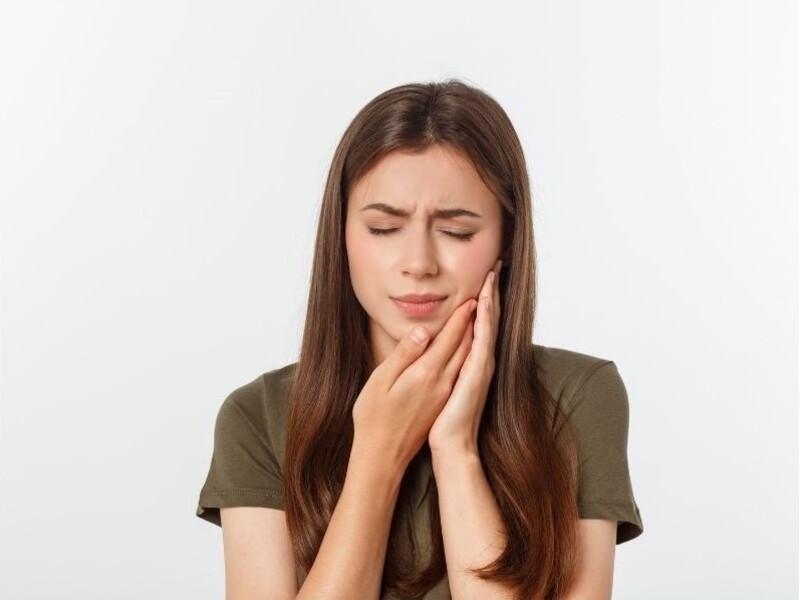Preserving oral health is extremely important for anyone, since otherwise very unfavorable pathologies or discomforts may appear in the mouth that directly affect day to day life. An example of this is dental hypersensitivity, which affects around 57% of the healthy population and 84% of patients with untreated periodontal disease.
But exactly… What is dental hypersensitivity? It corresponds to a brief and sharp pain that originates in response to an external stimulus. This stimulus can be tactile, osmotic or evaporative. In any case, dental hypersensitivity cannot be attributed to any other dental disease or defect.
At Gross Dentistas we are very aware of how annoying this condition is for those who suffer from it, since it is present daily and their pain increases when they eat food, drink water, brush their teeth, among others. For this reason, we want you to know the factors that cause dental hypersensitivity, so that as far as possible, you can avoid it.
Factors that cause hypersensitivity in the teeth
When we have some anomaly, discomfort or dental disease, the first thing we should ask ourselves is what factors have caused it. In the matter at hand, we want to show you a list of agents that promote what we call hypersensitivity in the teeth:
- Not having a good oral hygiene habit.
- Brushing your teeth too hard.
- Suffer from periodontal pathology.
- Consume acidic foods and drinks.
- Bacterial plaque accumulation.
- The use of abrasive toothpastes.
- Grinding the teeth:
- Have cavities that destroy tooth enamel.
- Some dental treatments such as periodontal surgery or professional oral cleaning, in the latter the sensitivity is temporary.
If you want to avoid suffering from the discomfort of dental hypersensitivity, our team recommends that you take into account the factors mentioned.
How does tooth sensitivity affect day to day life?
As we have indicated at the beginning of the article, there are many people who currently suffer from this problem of tooth sensitivity. Although a priori it does not seem or result in a serious pathology, if it is not treated properly it can worsen, and furthermore, it decisively affects people’s lives.
Dental hypersensitivity is painful and annoying, it can have psychological repercussions, it can affect eating habits, it can limit mechanical hygiene, impair quality of life, among others.
Treatments to combat hypersensitivity in the teeth
In the case of not adequately treating hypersensitivity in the teeth, the following may appear: tooth decay, periodontal pathologies and other diseases.
To start treatment, it is necessary to go to a professional dental clinic, such as Gross Dentistas. Our specialists will study and investigate the origin of the problem in a completely personalized way in order to solve it successfully. In general, the treatments that we can resort to are the following:
- Mucogingival surgery using soft tissue graft.
- Pastes that desensitize the teeth.
- The use of fluoride to strengthen teeth.
- Advice on oral hygiene habits.
- dietary recommendations.
- Resins and dentin adhesives.
- Among others.
At Gross Dentistas we offer treatments to preserve oral health
Our main objective is to offer our patients the best dental treatment solutions so that they can enjoy a healthy and aesthetically perfect mouth. Whatever the problem: need for implants, dental malposition, gum disease, etc. At Gross Dentistas we always find the best option for each particular person.
If after reading this article on the factors that cause dental hypersensitivity, you want more information… Contact us! Our team will be happy to help and assist you.
Ortodoncista especializada en el sistema de ortodoncia invisible, extensa trayectoria profesional y un gran número de pacientes satisfechos con los resultados obtenidos tras la finalización de su tratamiento.


